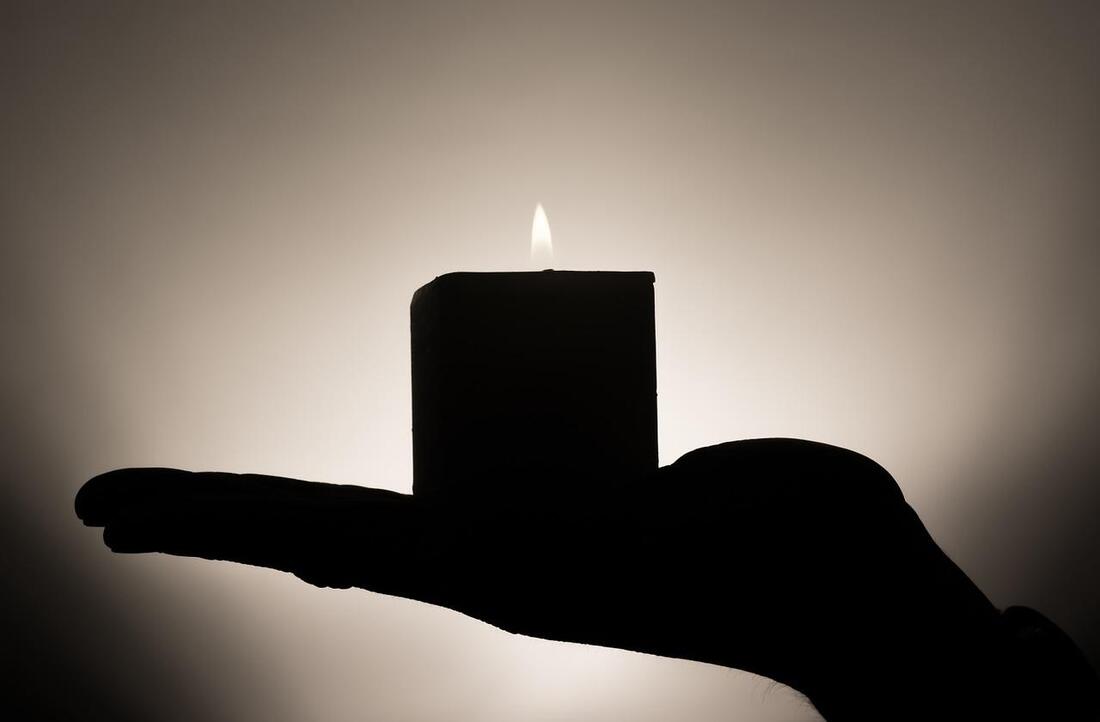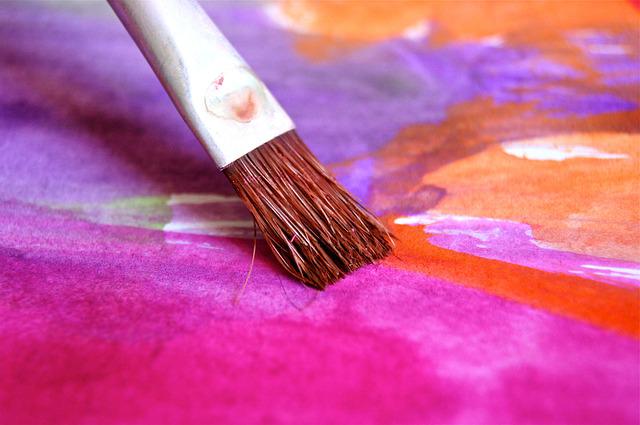|
When we face a bereavement, it can feel as though the ground has given way beneath our feet. Although we know intellectually that everyone will one day die, we tend to dissociate from this knowledge and the fear it can bring. In the words of Yalom, "We know but we do not know" (Love's Executioner, 1989).
The loss of a loved one can shake our assumption that life will just carry on as it always has done, bringing death and our own mortality into sharp focus. Grief is the natural response to loss- a process. Theorists (e.g. Kubler-Ross, Worden) have described stages, or features of this process. While it is helpful to understand a bit about grief theory, it's also wise to bear in mind that there is no right (or wrong) way to grieve, and that there are as many different ways to do so as there are people in the world. So, if grieving is totally normal and to be expected, why might someone get counselling? Well, problems can come when there are complications which prevent people grieving in a way that is helpful to them. Take Hilary, for example. She has just lost her husband of 40 years. They were married young, and she can barely remember what life was like without him being around. It is approaching a year since his death, but she still feels a deep sorrow and regularly breaks down in tears. Her children think she should have moved on by now. They tell her to stop moping around and feeling sorry for herself. They want her to start looking after the grandchildren again and are advising her to get out and meet new people. She can't face it, and feels completely alone with her grief. Hilary is a fictitious woman, but she represents so many who face the challenge of living in a culture which does not necessarily cater well for grieving people. Counselling can help by offering a safe space for the feelings which arise from grief to be acknowledged and expressed, without judgement. It can allow the grieving person to process and make sense of the events that took place around the time of the death, and to understand what it means to go on living without their loved one around. Finally, counselling can help the bereaved to find meaningful ways of continuing the bond with their loved one, through rituals such as marking occasions like the anniversary of their death. You may be wondering where creativity fits into all this? Counselling involves two people coming together to construct new perspectives and ways of understanding, which makes it a creative act in itself. Add creative materials and exercises to the mix, and you have the potential for a highly creative scenario whereby endless possibilities for insight and growth are opened up. In my counselling practice, I offer clients the opportunity to use art, images and symbols as a way to access thoughts and emotions which may be out of conscious awareness. It's amazing how something as simple as a colour can tap into some buried memory or feeling. In our western culture, we tend to place more emphasis on left-brain functions such as language and rational knowledge, and are generally not so focused on the right-brain which is associated with intuition and emotions. While talking is incredibly helpful in the counselling room, creative methods can offer another way of knowing when there simply are no words for what is being felt. A great example of how creative methods might be woven into a counselling session is working with metaphor. Waves, black clouds, long dark tunnels, bottomless pits- all common grief metaphors. If a client brings a metaphor, I might ask them to visualise this as an image in their mind. I then invite them to represent this image on paper, and to draw themselves too. This allows an increased empathy as I see something of what they are experiencing, but we can also work more deeply with the underlying emotions through reflecting on it together in a safe and supportive way. Many people will claim that they are simply not creative, and are reluctant to use creative methods because they have judged themselves as being "bad" at art. Or perhaps someone else has told them this. I always explain to clients that in our work together I will not be making any judgments. There is no right or wrong way to create. The focus is on the process and what comes up for the client. We are all creative. Every time we make a decision, solve a problem, imagine a dream, we are being creative. Recognising this, and harnessing the power of creativity in the counselling room can bring healing and release for the grieving client.
0 Comments
Leave a Reply. |
AuthorLaura Green Archives
May 2024
Categories |



 RSS Feed
RSS Feed